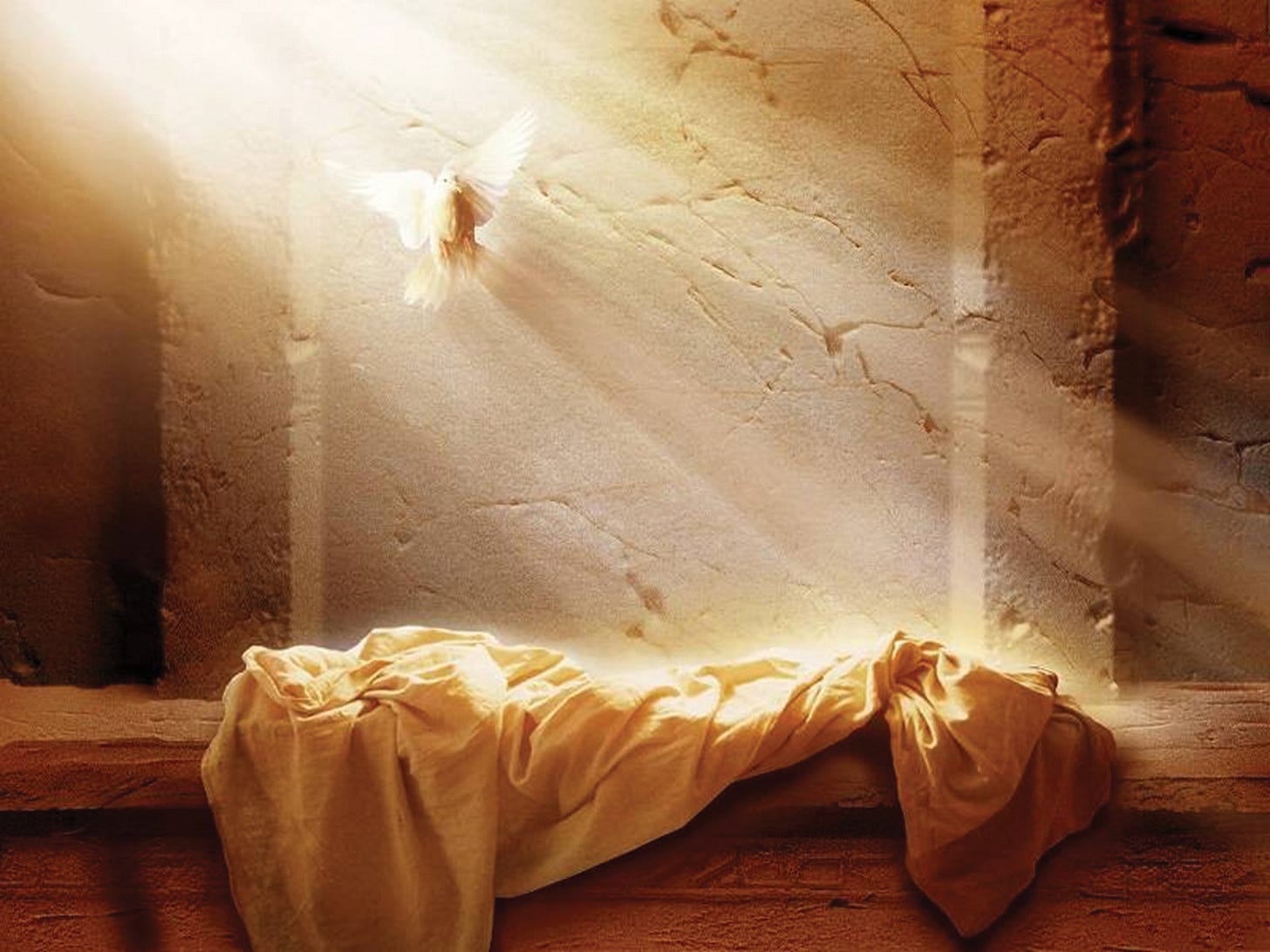In this week’s Gospel Mark 8:27-35, Jesus starts to introduce his disciples that ‘the Son of Man (Jesus) must suffer many things and be rejected by the elders and the chief priests and the scribes and be killed, and after three days rise again’. I can well imagine the shock, sadness and disbelief they must have experienced on learning of this horrible news. Learning of the onset of serious illness to a loved one can be devastating, far more such terrifying news.
No wonder Peter takes him aside and begins to remonstrate with him, which in turn earns him a forceful rebuke. Looking back, from our enlightened perspective, we wonder why they did not focus on the phrase ‘and after three days rise again’. Like us, they were human, and the fear of suffering can often drown out the hope that follows.
Even though Jesus spoke of resurrection, their hearts and minds were fixated on the pain of what was to come. Much like we struggle to see beyond our own trials, they could not yet comprehend the full meaning of his words, that life and victory would emerge from death. Jesus was teaching them—and us—that suffering is not the end, but a gateway to new life.
In John 16: 20-22, Jesus likens this experience to childbirth ‘Truly, truly, I tell you, you will weep and wail while the world rejoices. You will grieve, but your grief will turn to joy. A woman has pain in childbirth because her time has come; but when she brings forth her child, she forgets her anguish because of her joy that a child has been born into the world. So also you have sorrow now, but I will see you again and your hearts will rejoice, and no one will take away your joy…’
This is the pattern of the life of a follower of Christ. In the Beatitudes, Jesus describes this in a series of statements that begin with "Happy" or "Blessed is the person" who temporarily suffers because they will ultimately be vindicated. The promise is clear: those who mourn will be comforted, those who hunger and thirst for righteousness will be filled, and those who are persecuted for the sake of righteousness will inherit the Kingdom of Heaven.
This radical reversal of worldly values assures us that suffering in Christ’s name is never in vain. Just as the woman in labor endures pain to bring forth new life, we too must endure the trials of this world, trusting that through them, God is bringing about our transformation, growth, and ultimately, the fullness of joy. In our grief, we hold fast to the promise of resurrection—a hope that transcends the pain and leads us to everlasting joy that cannot be taken away.
As followers of Christ, we are called to look beyond the immediate, trusting in the joyful hope of resurrection—'after three days, rise again.' Friend, if you are experiencing a trial in your life, take comfort in today’s Gospel. It assures us that with Jesus, no matter how deep our suffering, we will rise again. Just as He overcame death and despair, we too can find new life and renewed strength in His love. Let us embrace this hope, confident that through every cross, there awaits a resurrection, and with it, a joy that no trial can take away.
Friend, I am inviting you to consider joining my Benedictine Spirituality or Leadership programs by visiting the links below:





Thank you Deacon for reminding us that “no matter how deep our suffering, we will rise again”